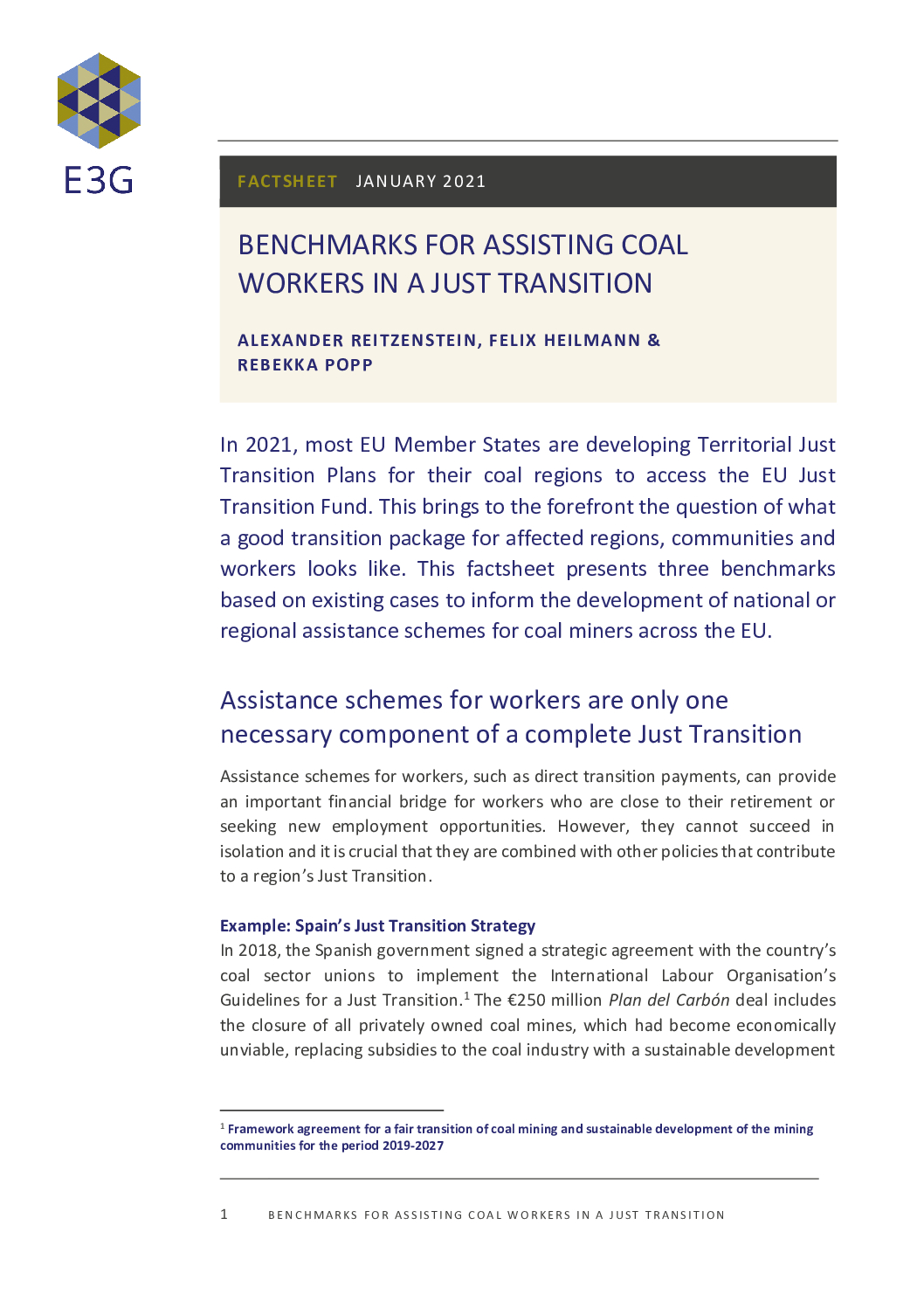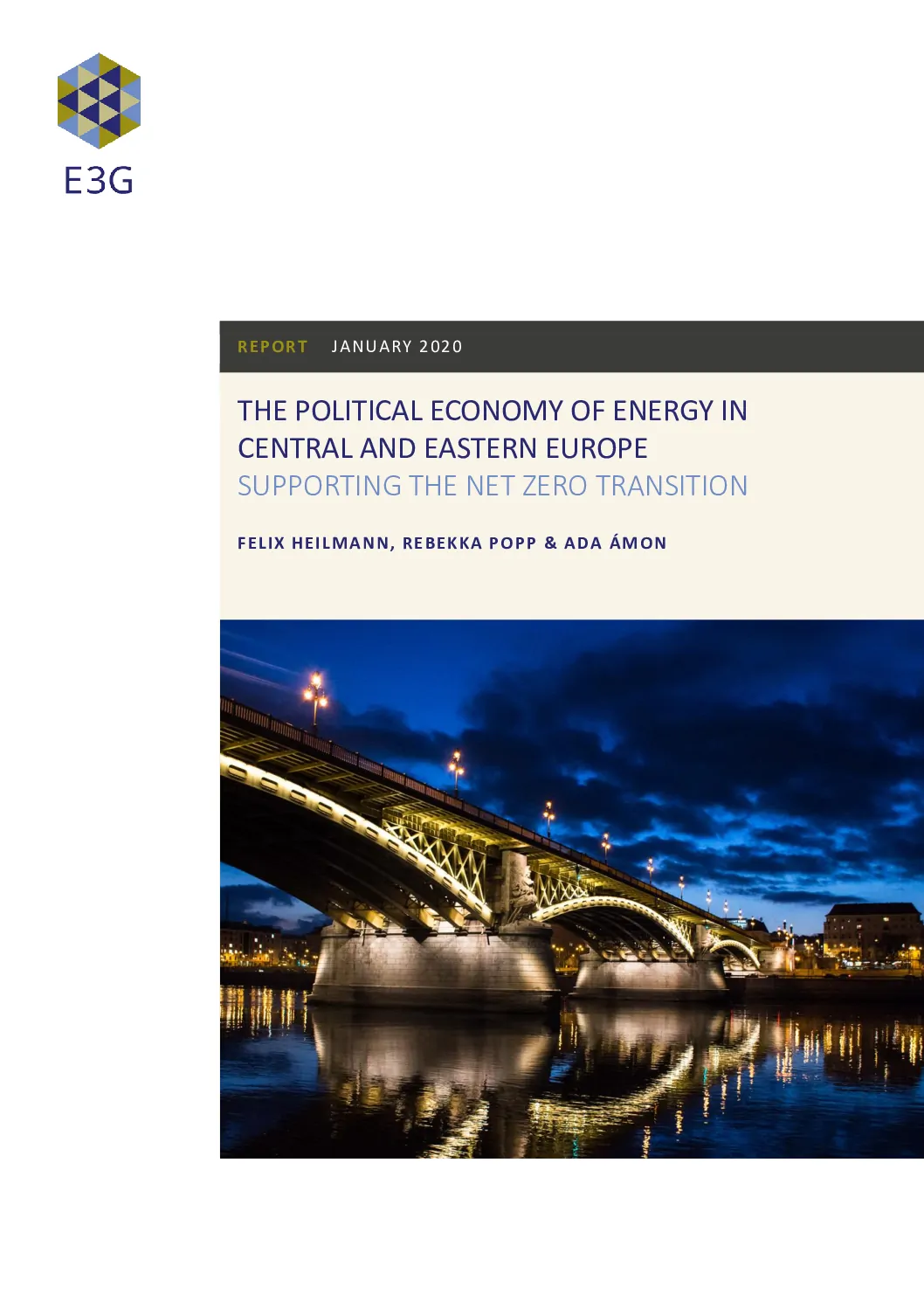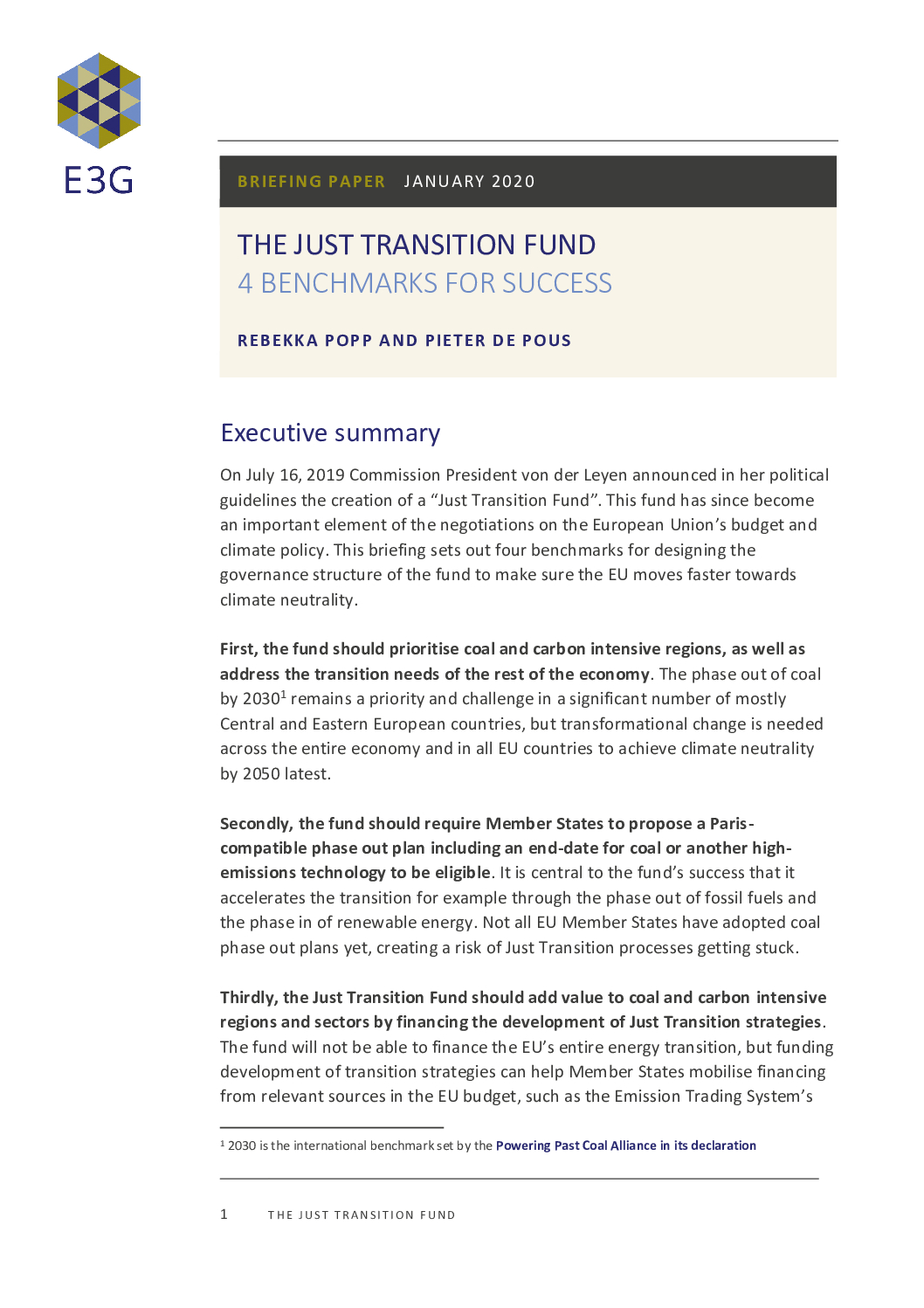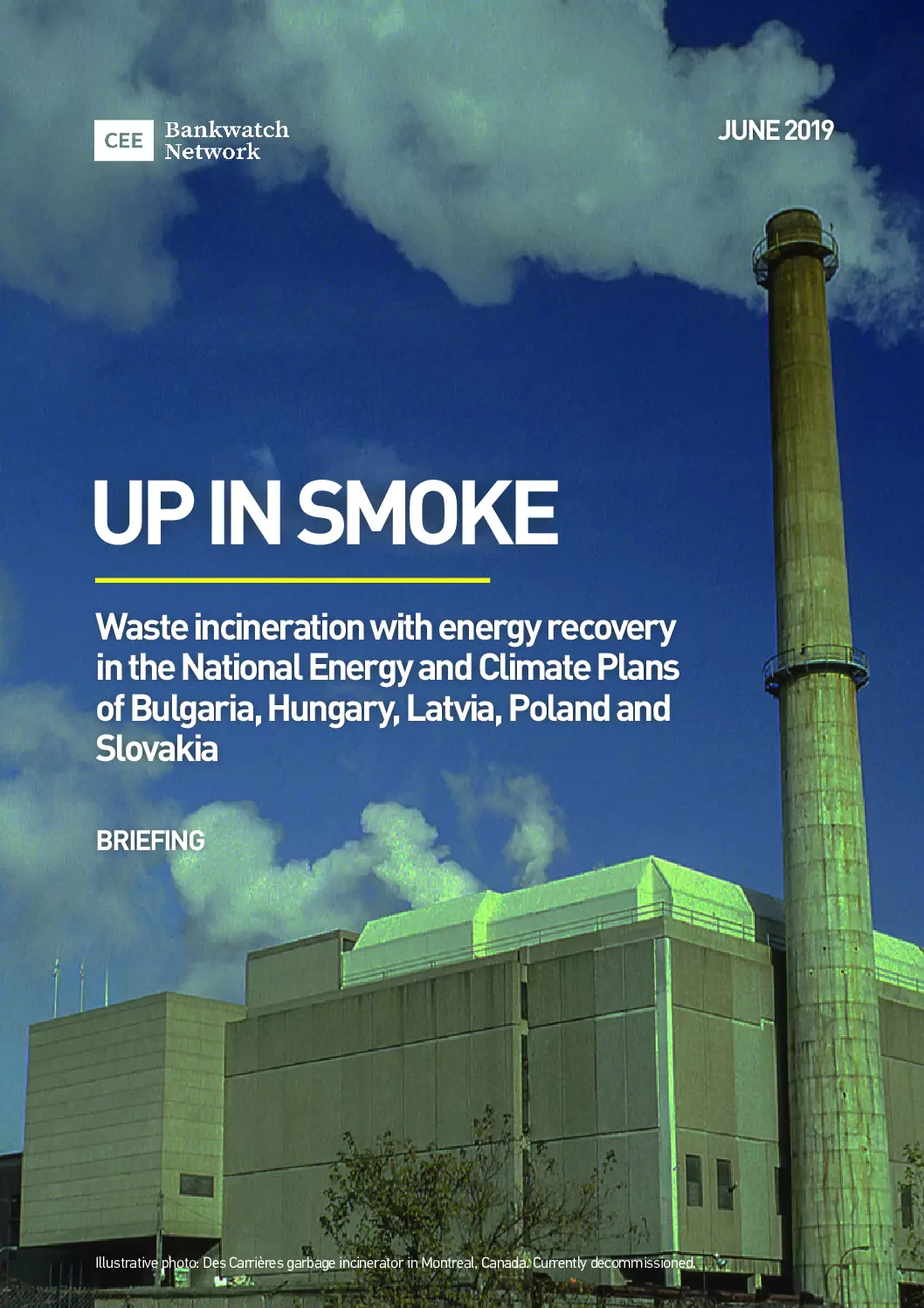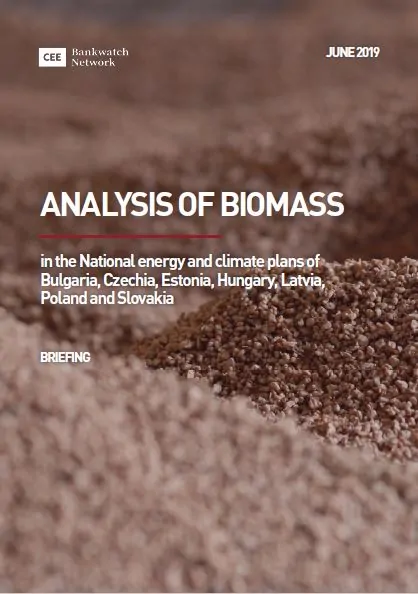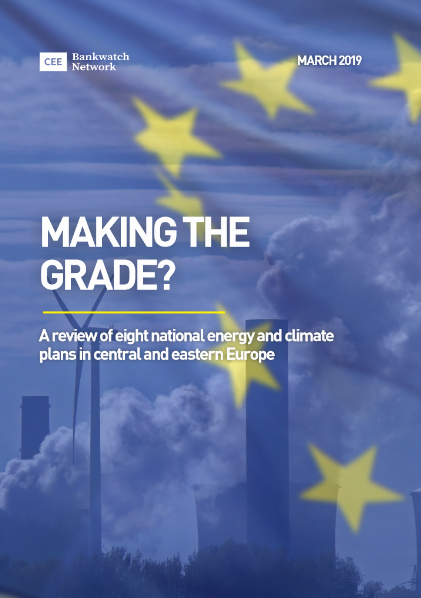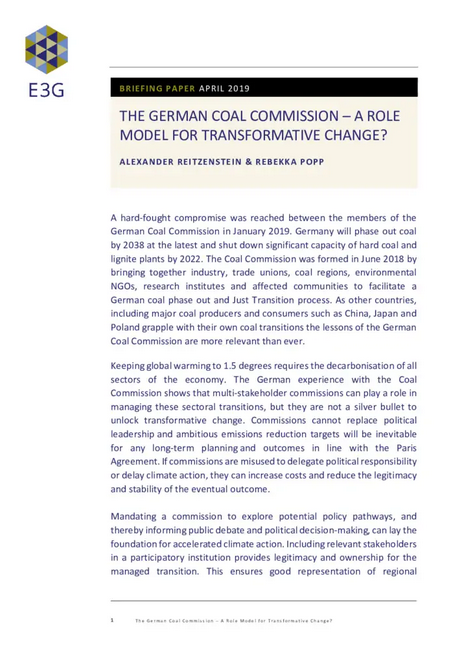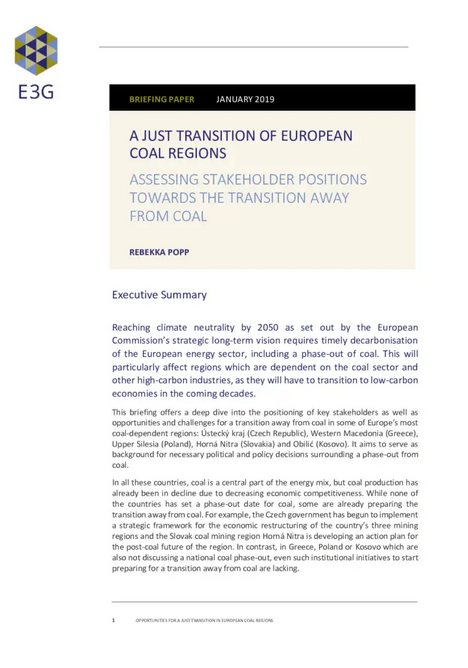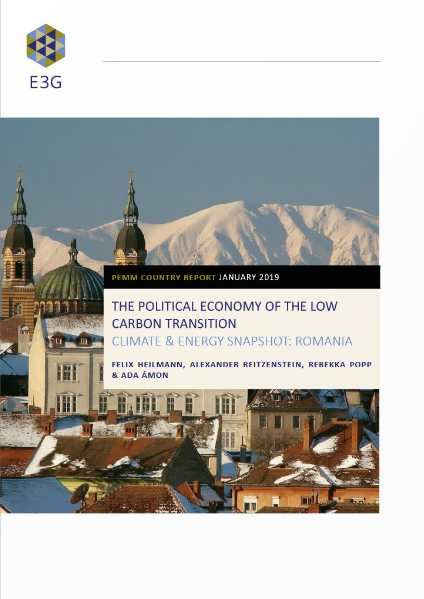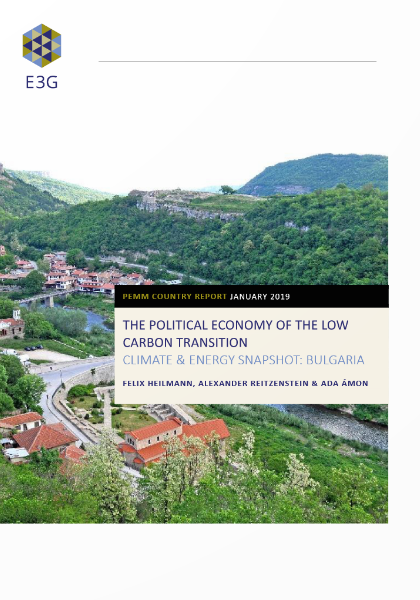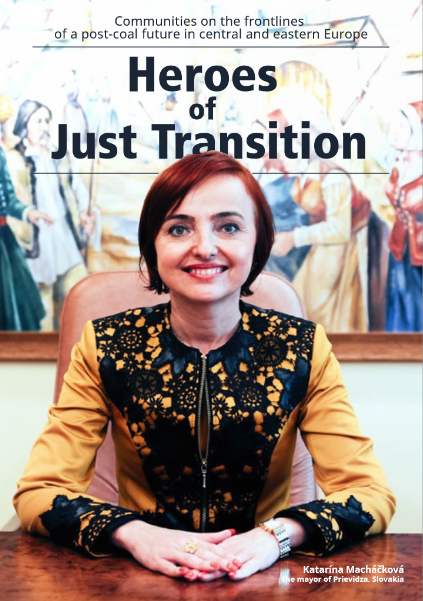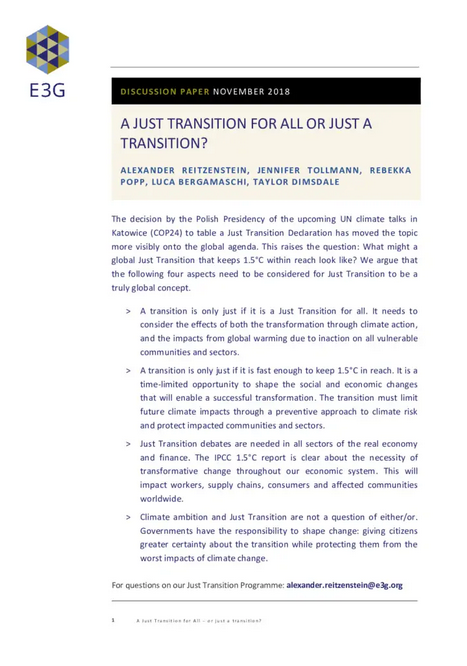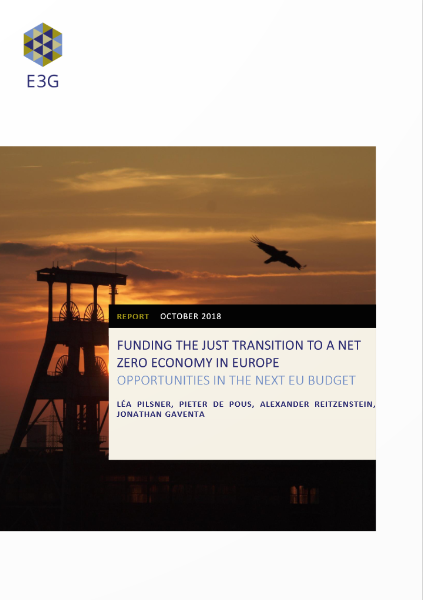Accelerating the Energy Transformation of Central and Eastern Europe and Learning from the German Experience
This project is completed. It aimed to strengthen the role of civil society in increasing the climate ambition in CEE countries.
Energy Policy Energy Transition Energy Transition and Climate-Neutral Buildings Just Transition
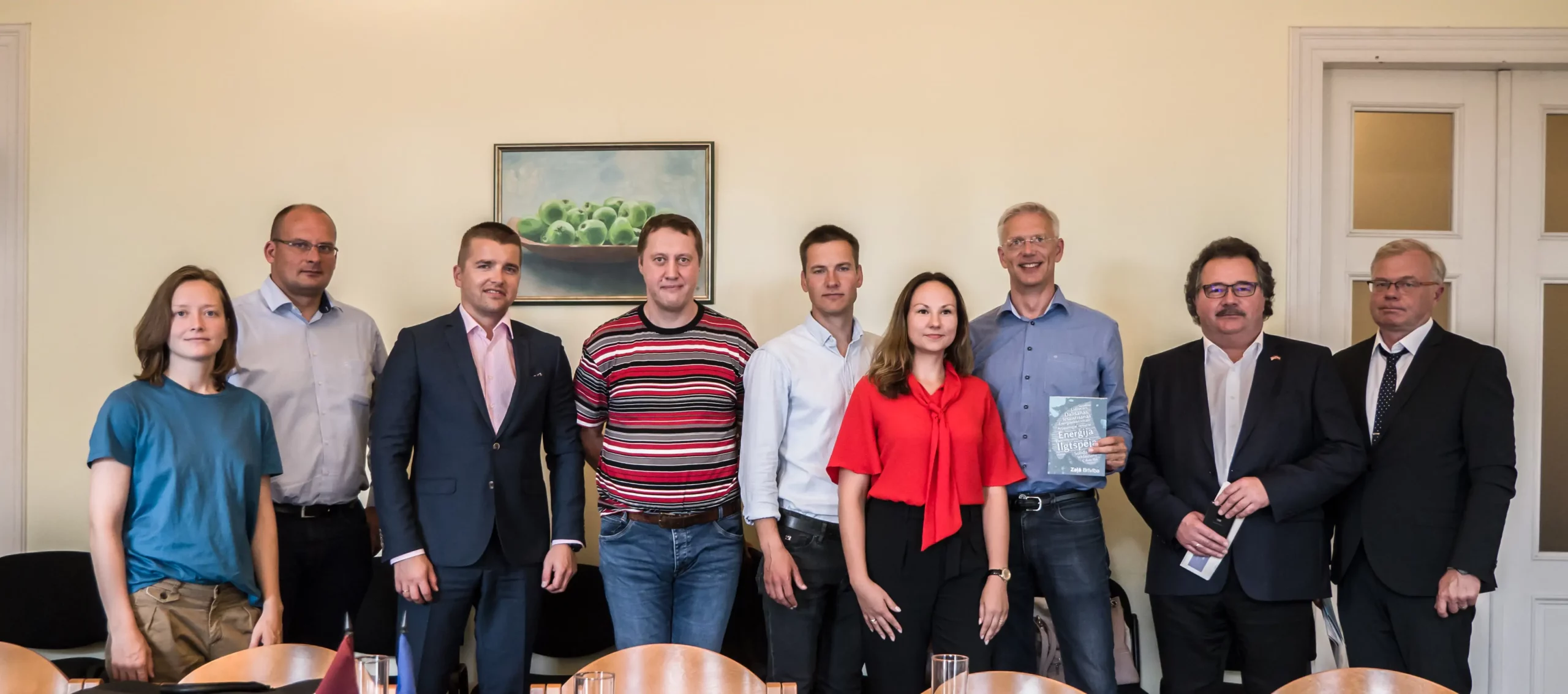
Project info
Bulgaria, Czech Republic, Estonia, Hungary, Latvia, Lithuania, Poland, Romania, Slovakia
09/17 - 02/20
Non-governmental organisations, Civil society, General public, Media, EU institutions, Local governments, Regional governments, National governments
918,062.00 €
Contact info
Petr Hlobil
- Deutsche Umwelthilfe (DUH) e.V.
- E3G – Third Generation Environmentalism Ltd.
Background
Many Central and Eastern European (CEE) Member States of the European Union have been reluctant to commit to more ambitious EU climate goals because they emphasise the cost of climate action over the need and the benefits of a low-carbon transition.
Civil society action has been instrumental in increasing the ambition level in climate policy through publishing different studies, advocacy strategies for legislative action in individual CEE Member States, monitoring the implementation of EU climate and energy policies and engaging in successful legal action against coal power plants.
However, when compared with other regions, notable gaps exist in the organisation and influence of clean energy stakeholders in a number of CEE countries.
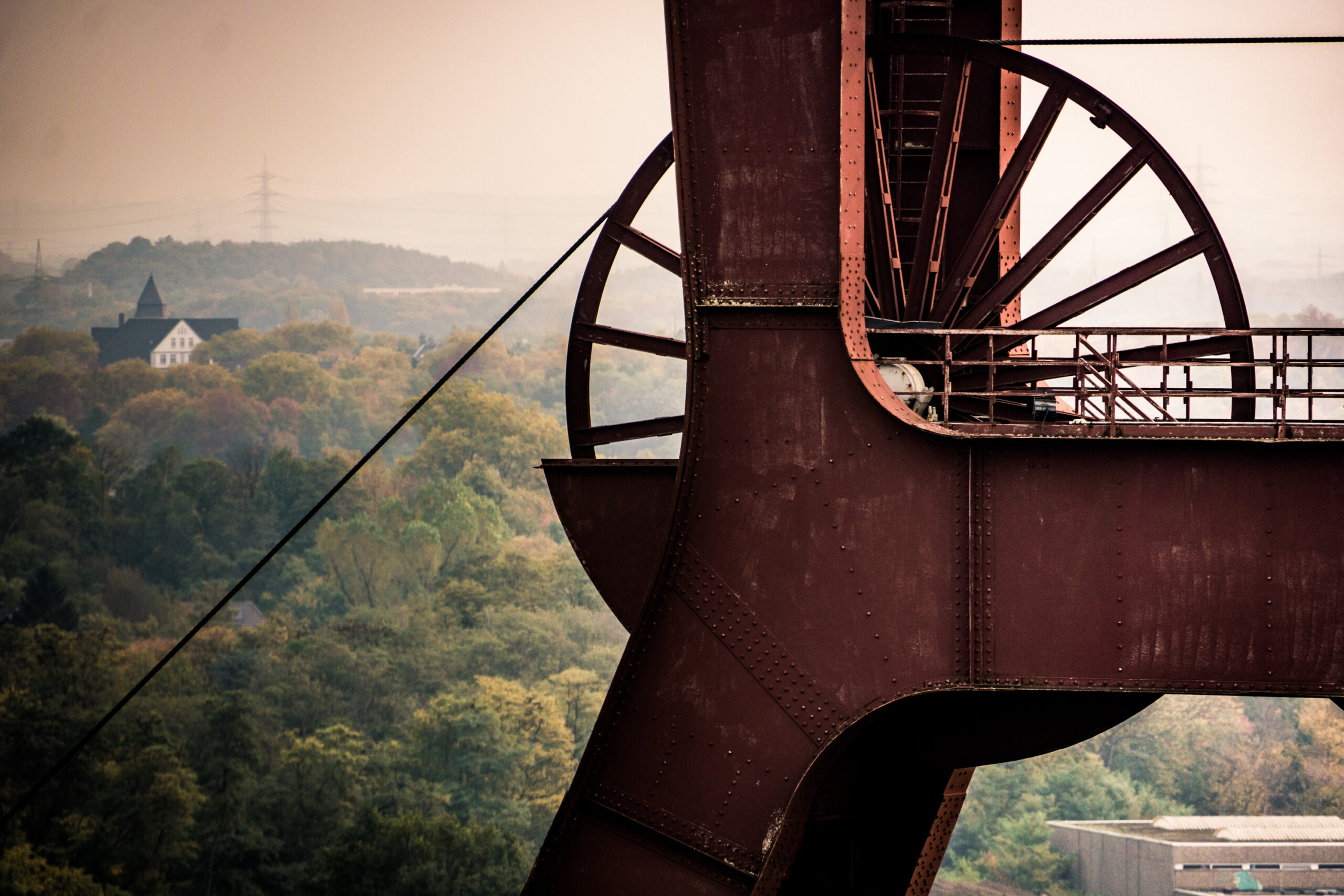
Project
The partners strived to make the need for a low-carbon transition and its benefits more visible at all levels of decision-making and to gain commitment for a long-term solution of the issue in the CEE region. Specifically, the project has:
- facilitated the information flow on energy transformation policies between the CEE region, Berlin and Brussels;
- built national strategies and platforms to help accelerate the energy transformation in the CEE countries;
- mapped opportunities for ‘just transition’ of mining regions in 5 CEE countries.
Collaboration between a CEE-based NGO network (Bankwatch), an environmental think tank (E3G) working on EU level, and a German NGO (DUH) ensured that all levels of expertise and the German experience with Energiewende were reflected in the process.
State of Results
- Organising more than 160 workshops, conferences and other events with 220 decision makers and more than 2000 other stakeholders and publishing different studies and policy papers the project managed to change the political narrative and public debate about the climate crisis and coal-phase out in the target countries. Civil society actors have increased their standing in the public debate and are more and more recognised as relevant players in the energy transition.
- National Taskforces on transformation comprised of experts and RES stakeholders were established in Latvia and Slovakia to coordinate actions of civil society and increase the impact of stakeholder influence. The work of existing taskforces in Czechia, Poland, Hungary and Bulgaria were supported by the project. The former member of the Latvian taskforce Krišjānis Kariņš later became prime minister.
- Creating re-development plans in coal mining regions were supported in Slovakia, Czechia, Romania and Poland of which the plans in Upper Nitra (Slovakia) and Czechia (Stecky, Moravskoslezsky and Karlovsky Regions) have been approved in the meantime by the competent authorities.
External News
Studienreise: Czechia: Good practices of transforming coal mining regions inspire in CEE (Englisch)
Briefing: The European Commission’s platform for coal regions in transition (Englisch, PDF-Download)
Last update: July 2024

